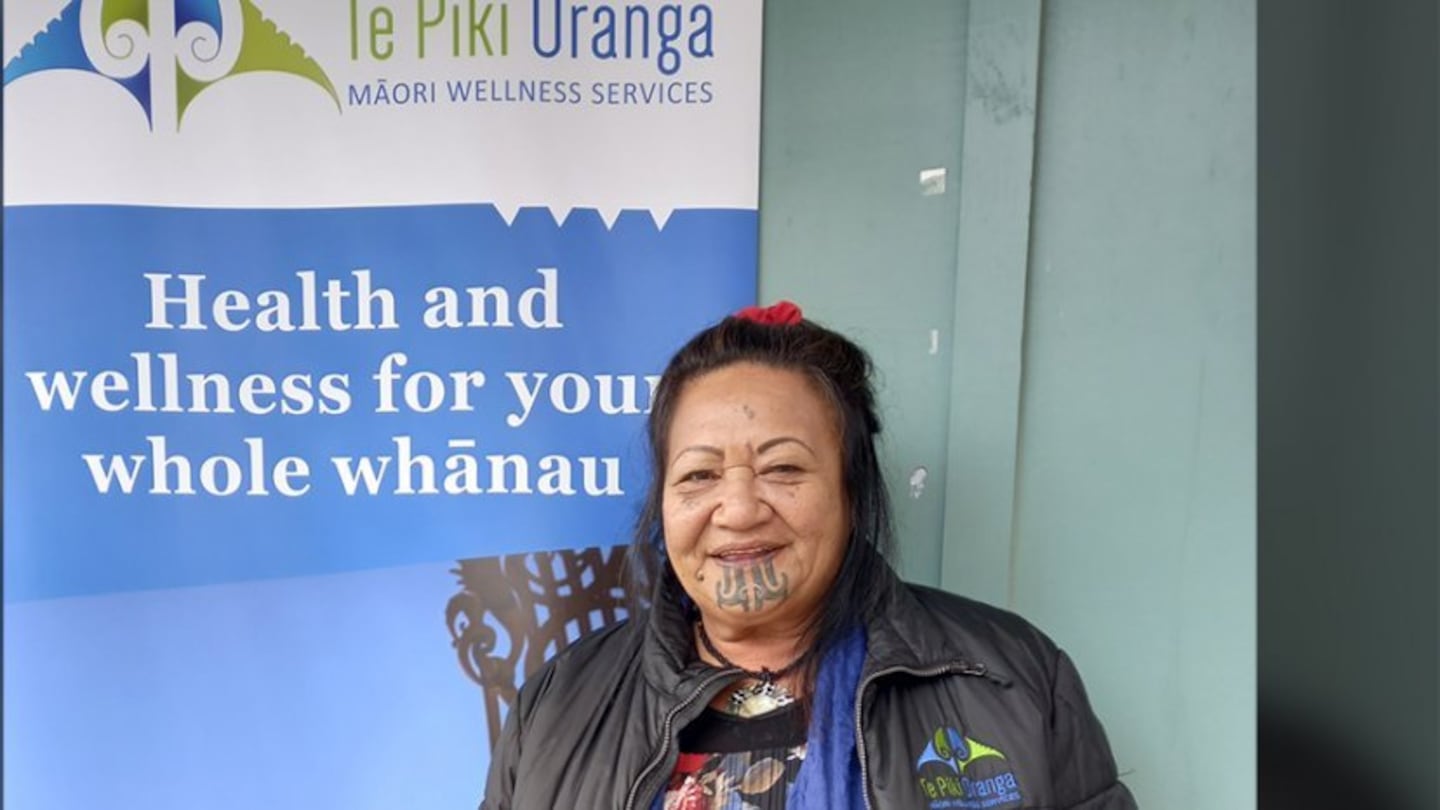The road to graduation has not been smooth for 68-year-old Alice Adair. But, after four and a half years, the adult mental health worker at Te Piki Oranga can celebrate her hard-earned success.
Adair shows it’s never too late to chase dreams, having successfully completed an apprenticeship in mental health through Careerforce, which support employers across New Zealand to run workplace training programmes for the health, mental health, aged care, disability, social services, youth work, cleaning and pest management sectors.
Adair has worked with babies, youth and kaumātua, and through volunteer work. She has been a board chair for primary and secondary schools, a trainer for the Ministry of Education, and has trained boards of trustees across the country.
“I enrolled in the apprenticeship programme because I am passionate about the mental health sector and want to see a shift for the better. I was also keen to validate and maximise the skills and life experience I already have,” she says.
Covid challenge
Although Adair kicked off her studies with eagerness and enthusiasm, she says the shine wore off when she faced her own challenges. She says she lost more than her fair share of friends during Covid, and even organised many of their tangi.
She struggled to adapt to working remotely when that work involved supporting vulnerable whānau with mental health issues. Having to rely on what the clients said they were feeling, without being there in person was challenging, she recalls.
It was her passion for supporting her whānau to wellness, together with the support from her employer, mentor and Clinical Lead Meg Robertson and her Careerforce Advisor, Eric Kneepkens that finally galvanised her to move forward and complete her apprenticeship.
“When I learned about the history of the mental health system, it opened my eyes to western mythology, with its use of words such as asylum and inmates etc., and it inspired me. The mental health system still needs work and I’m determined to be part of that.” I lived with depression in my teenage years, sometimes being called “he porangi potae” (mad hat).”
For eight years, Adair has been employed by kaupapa Māori primary health provider, Te Piki Oranga Māori Wellness Service at its Motueka regional base. Te Piki Oranga helps to create a supportive environment for whānau, with accessible Māori health and social services, consistent with the concepts of whānau ora and tino rangatiratanga (self-reliance and independence).
Supporting whānau
Her work involves supporting vulnerable whānau with mental health and addiction problems at the top of the South Island. She works with a multi-disciplinary team, including other kaimahi such as nurses, health practitioners, and alcohol drug counsellors.
“I allow whānau to tell their stories in their way, their values, and beliefs, and keeping their mana intact. That’s my job” says Alice. “I go out and visit whānau. I listen to them and pick up on some of the korero. I can help pull back some of the layers, and then they start to see some light. It may only be a little bit but every day there is some improvement, always something positive. I get them to externalise the problem and I help find them a solution.”
“I’m Māori. I’ve always practised a little bit differently, and I see things differently from the Pākēhā world. During the programme I decided to do what I do the best, and to talk from a Māori perspective.
“As a Māori support worker, I’m employed to support kaupapa Māori to service Māori and to make a difference. The study has really helped me. I know what I’m doing in Taha Wairua (realm of my spirit), purākau (storytelling) and te whare tapa wha (the four cornerstones of health). This apprenticeship has really helped me to reflect more.”
Alice is grateful to her employer, Te Piki Oranga, for its support and patience and to her Careerforce Advisor for his support along her apprenticeship journey.
“I would not have been able to complete this without his enduring patience, support, and constructive feedback. “

